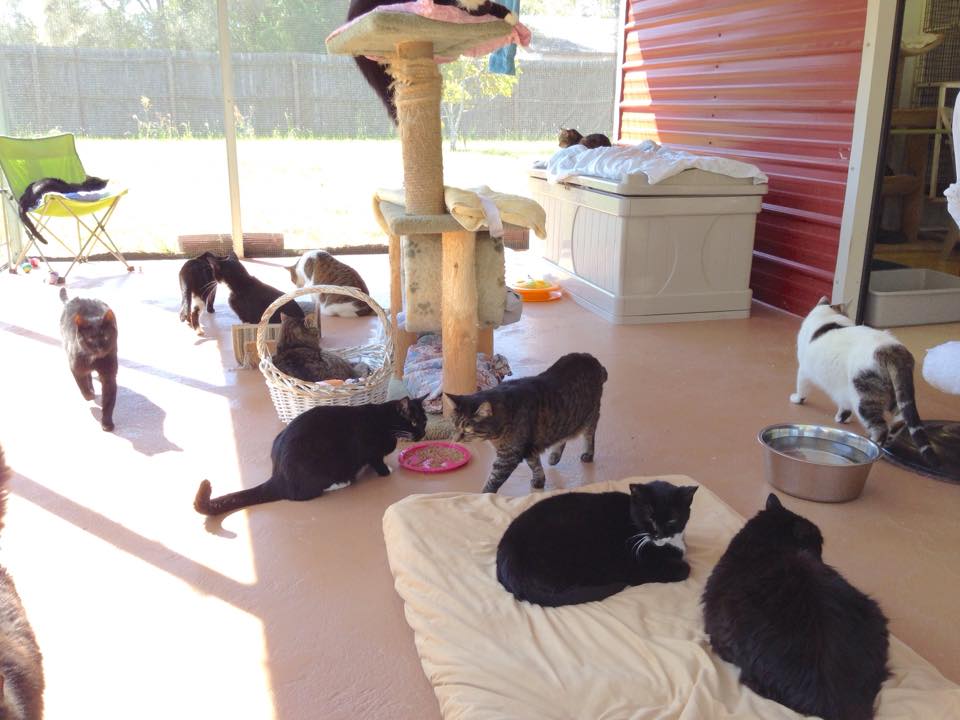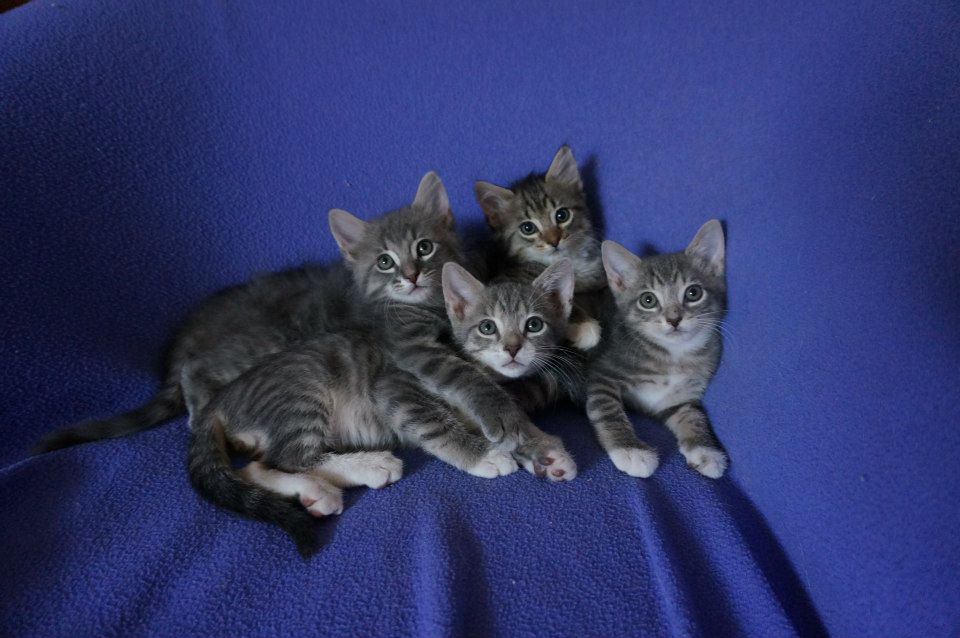As a poultry owner, you know how important it is to keep your birds healthy. By practicing biosecurity, you can help reduce the chances of your birds being exposed to animal diseases such as avian influenza (AI) or exotic Newcastle disease (END).
"Biosecurity" may not be a common household word. But, for poultry and bird owners it can spell the difference between health and disease. Practicing biosecurity can help keep disease away from your farm, and keep your birds healthy.
Biosecurity: Make it Your Daily Routine
Consistent biosecurity practices are the best way to prevent diseases such as AI and END. The following steps can help you keep your birds healthy:
Making biosecurity a part of your daily routine while caring for your birds can decrease the chance of END or AI showing up on your doorstep.
Information sourced from the USDA. For a full brochure on biosecurity, read the United States Department of Agriculture's online PDF (here).
Hear From Us Again
Don't forget to subscribe to our email newsletter for more recipes, articles, and clinic updates delivered to your inbox (here). Or, you can keep up to date by liking and following our Facebook page (here). We also have additional helpful articles under our new Avian category (here).














